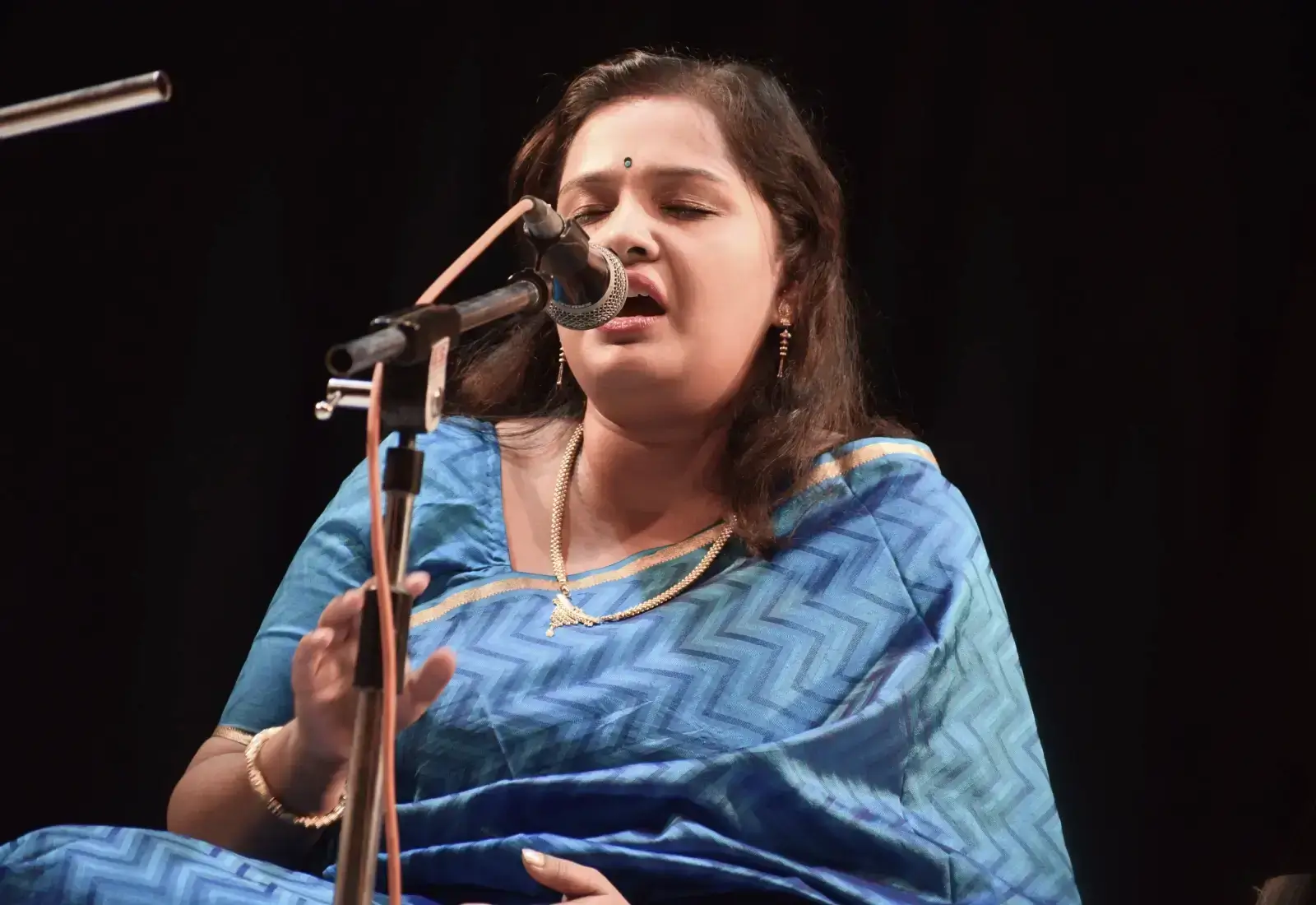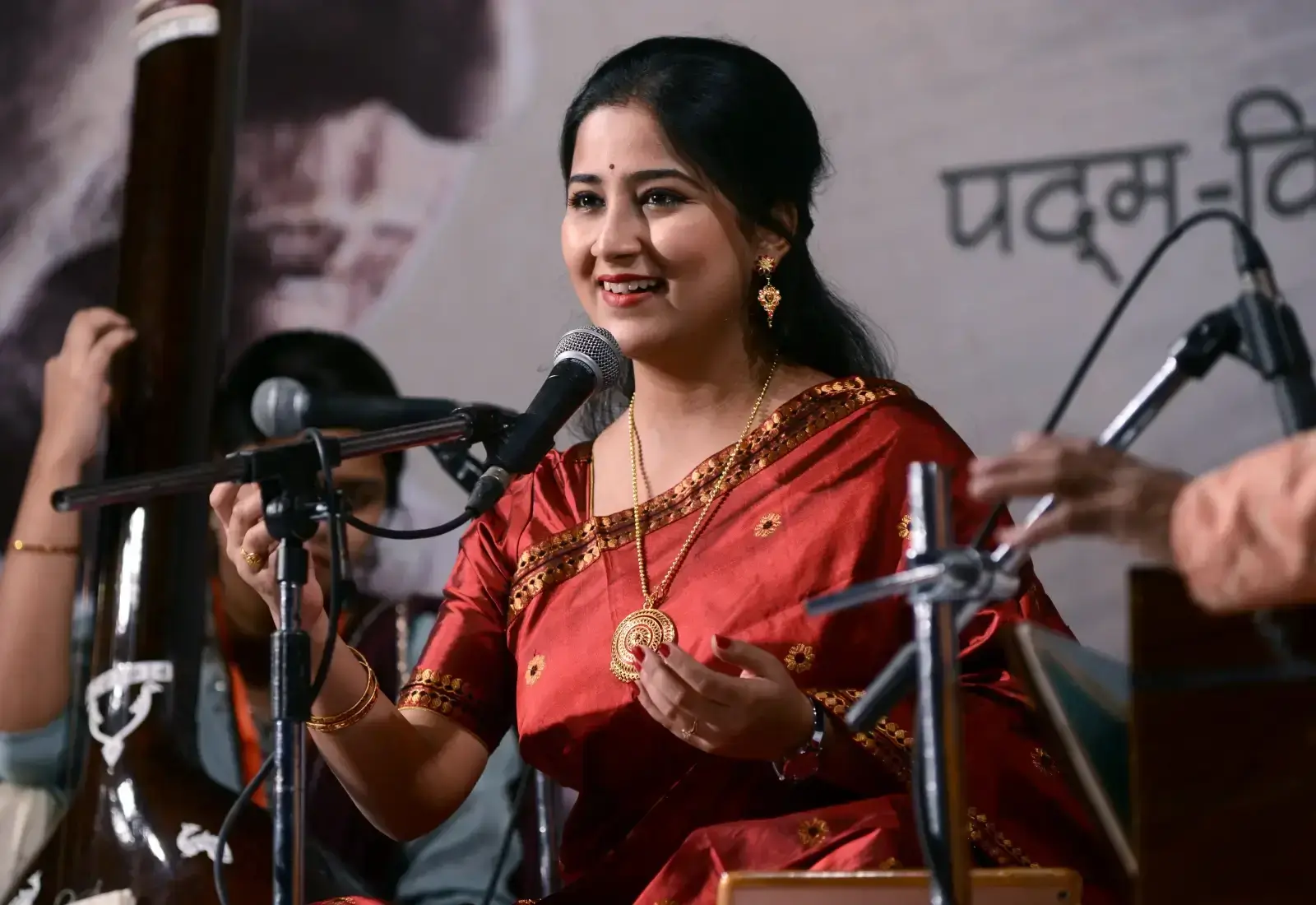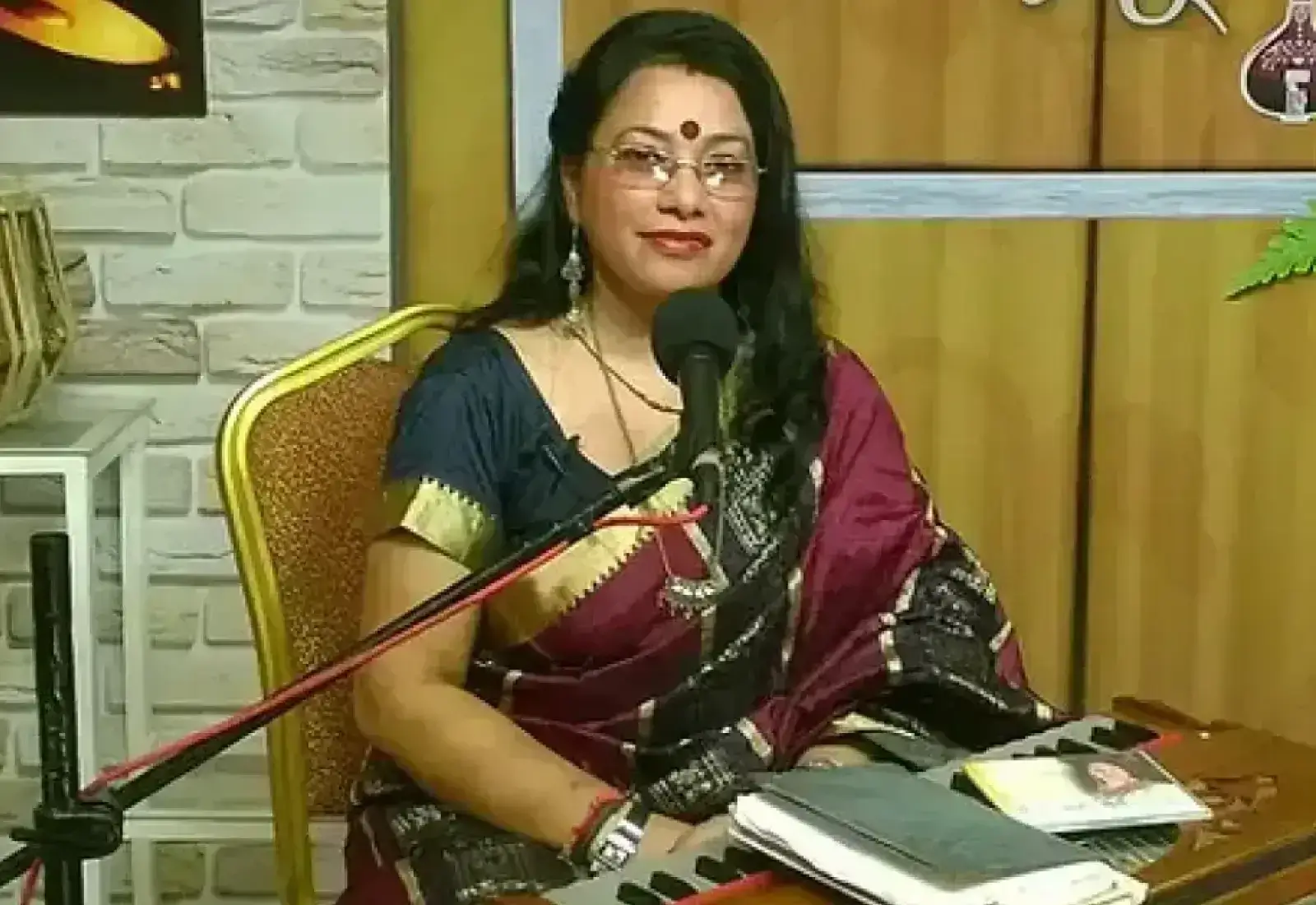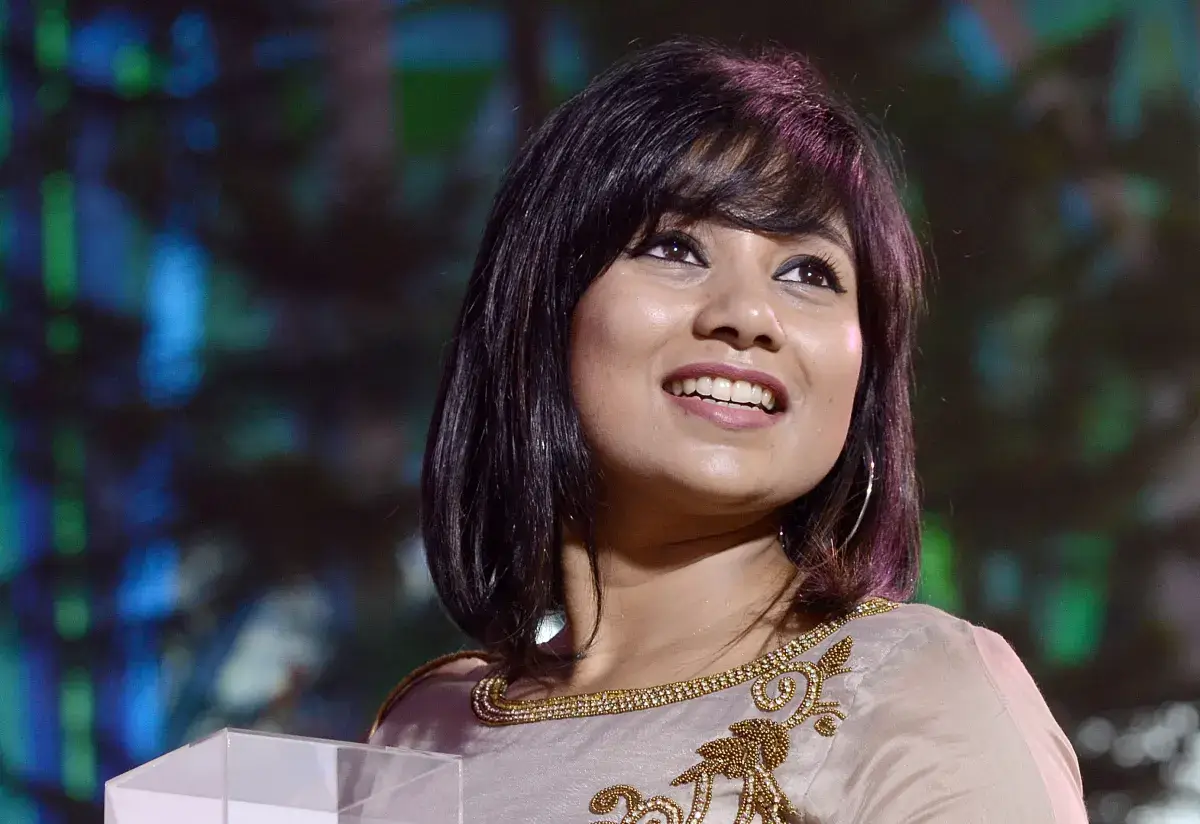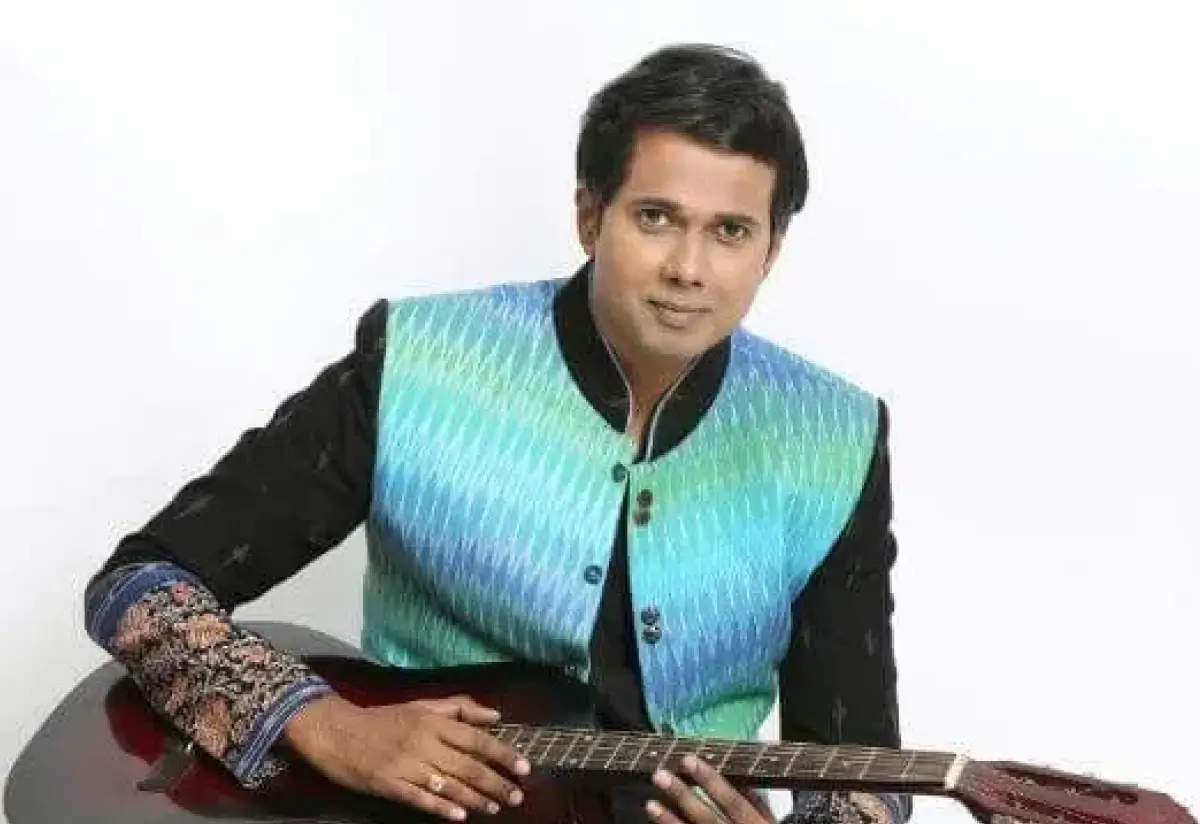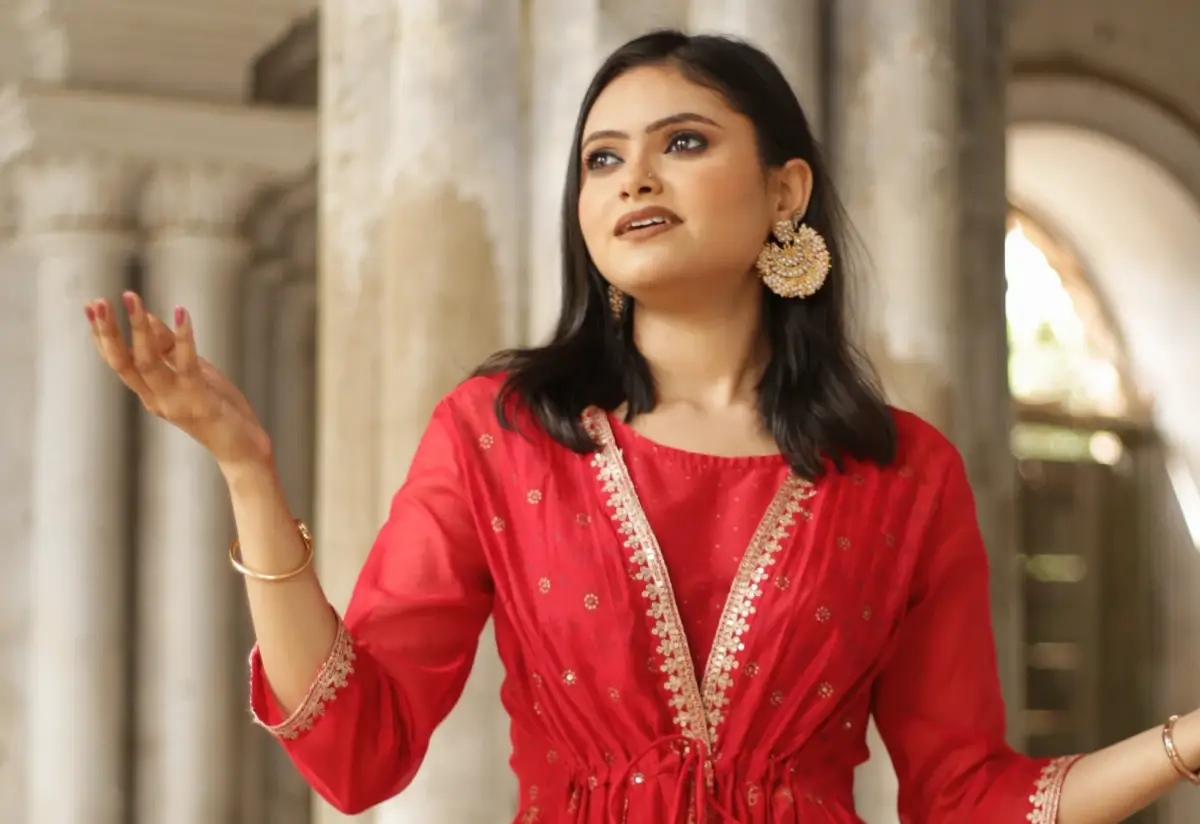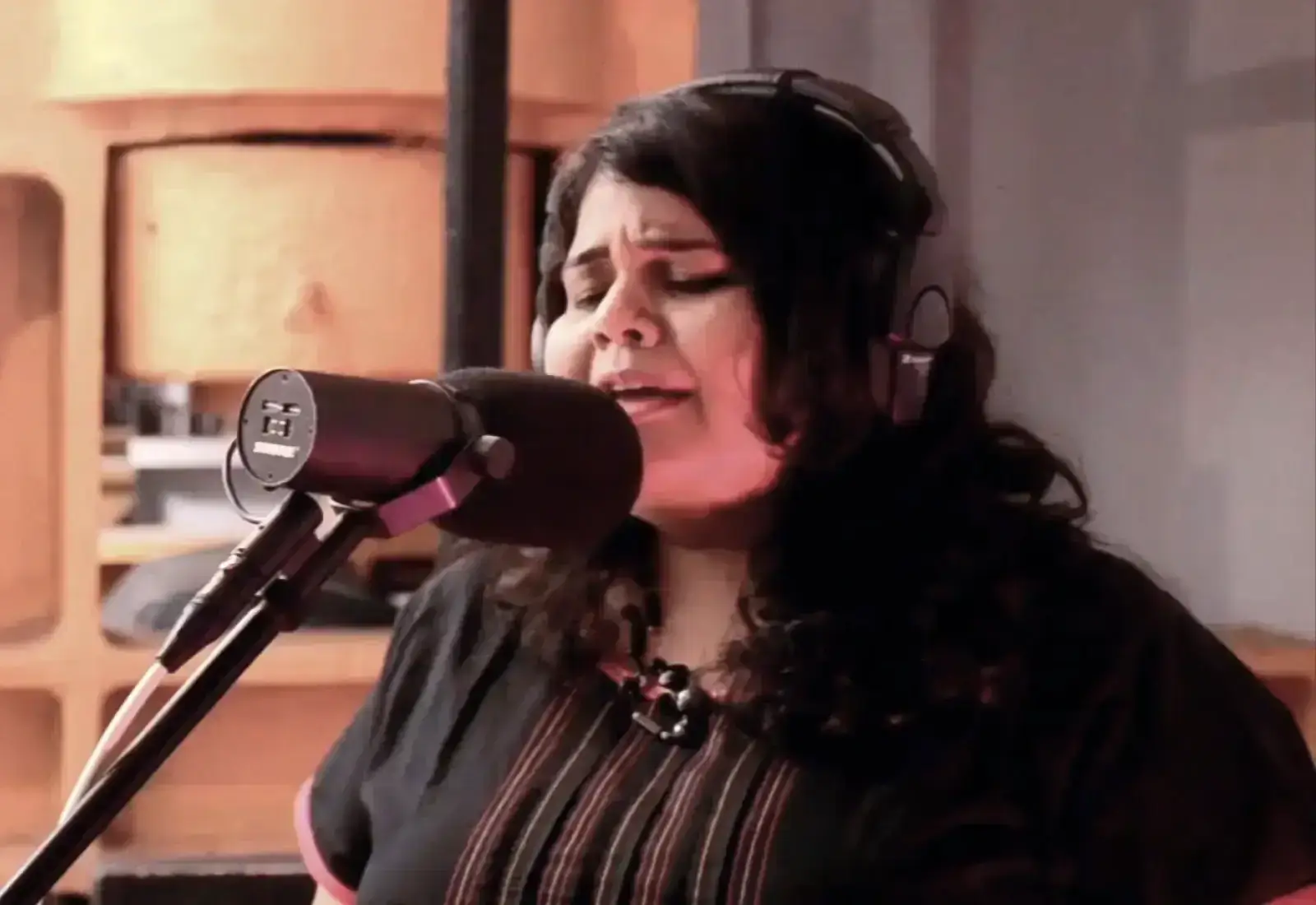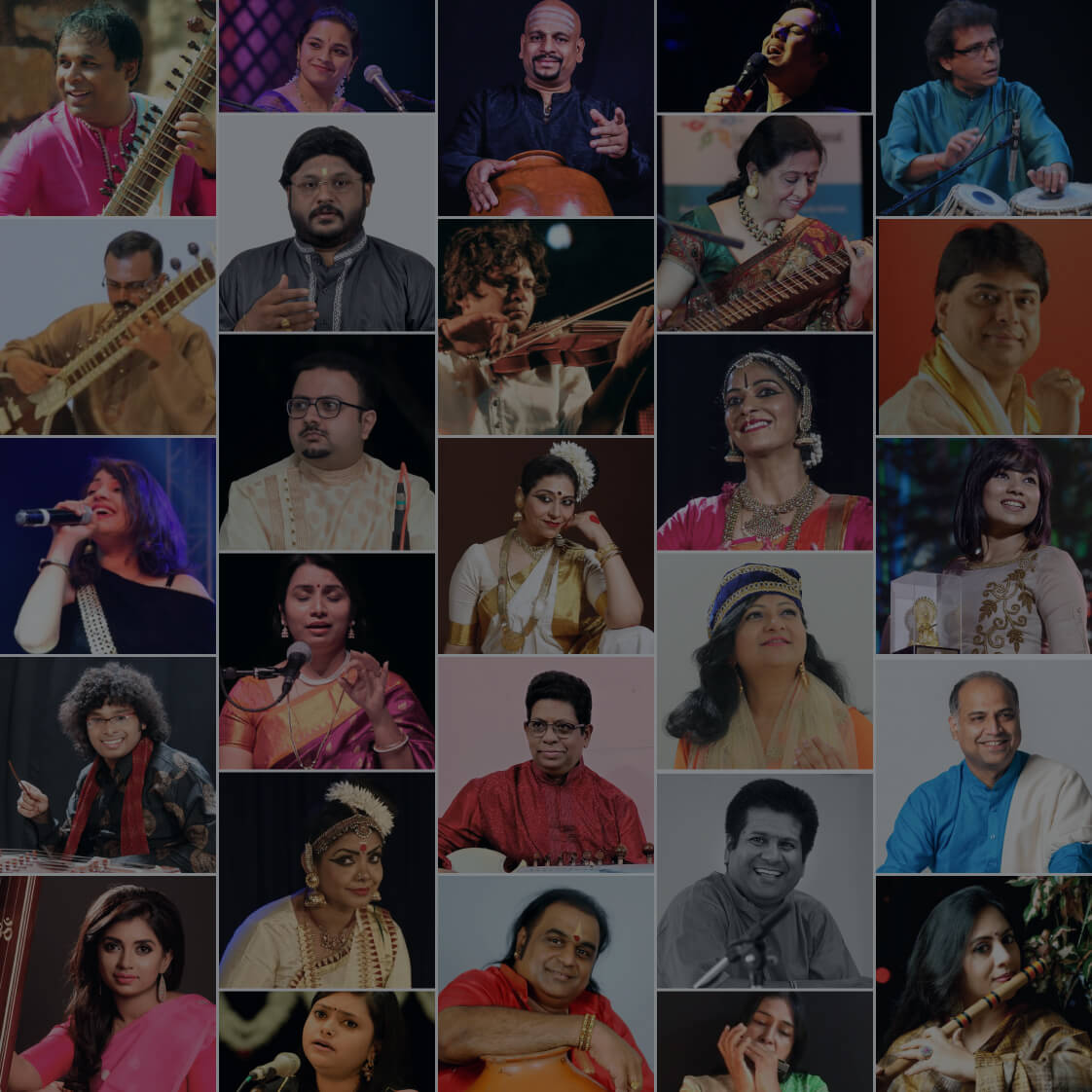Featured
Sufi Music:Tracing the Path of Divine Love
Even in the coziest embrace of all our near and dear ones and the abundance of wealth we have accumulated, our soul yearns for someone. Someone unseen and unheard. Yet, a presence - we feel, perchance, at a tranquil moment.
The one who resides deep within our souls. The one who knows us much better than we know ourselves. The one, who will one day, liberate us from all vices, pain, and sorrows, and lead us on the path of infinite ecstasy and love.
The yearning for this unending ecstasy and love is the essence of every Sufi kalam. It is sung in praise of that supreme being. The angst and anguish of separation and the bliss of uniting with that superior being - are the emotions that are at the core of every Sufi composition.
The first Sufi song that touched a chord for me was - ‘tere ishq mein’ - rendered by Rekha Bharadwaj. However, my oldest memory is that of the Sufi Qawwali - ‘Duma Dum Mast Qalandar’.
The very mention of Sufi music rakes reverence in the heart. Every time I have heard a Sufi song it has touched something deep within me. It has made me awake like never before and also tranquil like never before. Has this happened to you as well?
What makes Sufi music so soul-stirring? I was fortunate to connect with celebrated performers - the Roohani Sisters - Dr. Jagriti Luthra and Dr. Neeta Negi Pandey. They are the two most favorite teachers of the students of Sufi Music at ipassio.
Dr, Jagriti, and Dr. Neeta have dedicated their lives to Sufi music. Having earned a doctorate in Sufi music, they are now spreading the bliss of Sufi music far and wide through their online live classes through ipassio.
So, here’s presenting a peek into the soulful world of Sufi music as revealed in a brief conversation between me, Utpala from the Content team of ipassio with Dr. Jagriti and Dr. Neeta.
What is Sufi music?
As stated by Dr. Jagriti Luthra - Sufi music refers to the devotional music of the Sufis, inspired by the works of Sufi poets like Rumi, Hafiz, Bulleh Shah, Amir Khusrau, and Khwaja Ghulam Farid. Qawwali is the best-known form of Sufi music and is most commonly found in the Sufi culture in South Asia
Qawwali is a form of Sufi music that was popularised by Amir Khusrau, a disciple of the famous saint Nizamuddin Aulia. The main difference between the ghazal and qawwali is that ghazal can refer to both the poetry and the way it is sung or rendered, but qawwali refers only to a way of rendering Sufi verses
Spiritual Practices that Led to Sufi Music
Dr. Jagriti elaborates -
Sufism is a spiritual path that people choose to experience the divine. The ancient spiritual practice of Sufism incorporates all kinds of activities to achieve a state in which the practitioner loses the ego and experiences God through singing, chanting, reciting, whirling — as in dervishes — and music.
Other practices or rituals that Sufis engage in, which vary from order to order, include prayers and fasting, the celebration of the Prophet Muhammad's birthday, the visitation of, and performance of rituals at shrines and graves, meditation, and abstinence.
Four Stages in Sufism
Dr. Jagriti explains -
Four stages" in Sufism - shari'a (exoteric path), tariqa (esoteric path), Haqiqa (mystical truth), and Marifa (final mystical knowledge, unio Mystica - its original sense, this is a traditional and devotional form associated with Islamic mystics known as Sufis. The roots can largely be found in Persia, parts of the Arabic world, Pakistan and India.
Sufi music is all about passion, devotion, dedication, spirituality, and most importantly it's all about self-purification. In Urdu, we call it Tasawuf. The tradition of Sufism celebrates human love abundantly. It speaks about Ishq e Hakiki (Divine love) and Ishq e Mijazi (Personal love)
It is said -
“Ishq e mijazi se ishq e hakiki hasil hota hai
Manushya se prem karte karte Ishwar se bhi prem ho jata hai. Manav prem Ishwar prem ki sidhi hai.”
As you keep loving people, you start loving the divine. Love for the people paves the way to Divine love.
Where does the word Sufi come from?
Dr. Jagriti shares -
Sufism is a word originated from the word "suf" which h means one who wears woolen clothes because woolen clothes are traditionally associated with ascetics and mystics. So sufi are those people who wear woolen clothes on top of their purity.
We are going to start our rendition from a Kaul - " Mann kunto maula" which means that if Ali is my master then I am the slave if Ali, this kalam shows divine love i.e., ishq e hakiki for the almighty. Each and every word of this kalam has its own unique, powerful and divine meaning.
"Man Kunto Maula
shaah-e-mardaaN
sher-e-yazdaaN
quvvat-e-parvardigaar
laa fatah illaa Ali
laa saif illaa zulfiqaar"
(King of the brave,
lion of God,
and strength of God.
There is no victory Except (Without) A
Ali and there is no sword like Zulfiqaar)
"Ali imaam-e-manasto manam Ghulaam-e-Ali
hazaar jaan-e-giraamii fidaa-e-naam-e-Ali"
(Ali is my master, I am the slave of Ali
thousands of lives can be sacrificed for the sacredness of the name of Ali.)
"daaraa dil daaraa dil daar-e-daanii
tum tum taa naa naa naanaa, naanaa naanaa re
yaalaalii yaalaalii yaalaa, yaalaa yaalaa"
(Come inside my body, come inside my heart, so that in the end my soul and your soul can become one forever)
Difference Between Qawwali, Ghazal, and Sufi Music
Both Ghazal and Qawwali are two different forms that come under the umbrella of Sufi Music. Qawwali and Ghazal are two different styles of singing, whereas Sufi music is not a style of singing. Rather, it is a thought - reveals Dr. Neeta.
She explains - There are preconceived notions that Sufi music is a kind of music that has the name of Khuda or Maula in it. But that is not the case always.
Also, it is worth mentioning that in India there have been several Sufi poets who have composed Sufi music in languages other than Urdu. For example, Meera Bai is counted as Sufi Sant. Apart from that, Habba Khatun, Baba Bulle Shah, and Laal Der were also noteworthy Sufi Sant. You will not find any Islamic influence in their compositions.
Emotion in Sufi Music - From Devotion to Love
Sufi songs portray the mystical side of Islam. Just like in India, there was Bhajan Kirtan. Sufi songs expressed deep love and longing for the almighty.
Later on, it also resonates with love between two lovers. The latest - Yeh jo halqa halqa suroor hai…” is a Ghazal that is sung in a Qawwali style. If we take the example of a Ghazal - Chupke Chjupke Raat Din Aansoo Bahana Yaad Hai - it is a different style.
Ghazal can be sung in Qawwali style - as you find in several renditions of Nusrat Fateh Ali Khan Saab. For example - Tere Rashqe Qamar - is one of them.
Structure of Qawwali
Qawwali starts with a Nagma, and then alaap, Badhat of the alaap, chorus joins in with the clappings, the speed rises and the rendition is concluded after reaching the crescendo. Then they come back to their original rhythm - states Dr. Neeta.
Is Sufi Music Difficult to Sing?
Dr, Neeta opines -
Yes. If we talk about Qawwali, it is a male-dominated territory. And for women, it is really difficult to match up to the level.
The present generation of singers is very much inspired to sing Sufi songs, however, the kind of riyaaz it demands is not easy to put up with. Now, the new learners can’t devote more than 45 minutes to one hour for practice. Hence, the teaching methodology has to modify accordingly.
Preparation for Singing Sufi Song
“Singing Sufi songs requires preparation at both - the mind and vocal level. It requires a very strong voice,” reveals Dr. Neeta.
Further, she elaborates extensively on the following points -
Vocal Training
It requires a completely different riyaz. It’s not like the normal palta riyaaz. You need to practice a lot of straight notes to make the voice projection/ throw very strong and impactful. The more you are able to sustain these straight notes, it makes the tonal quality better. The Alankaars are also practiced with the same straight notes.
Mind Training
I make it a point to discuss this with the students in the pre-enrollment free meeting - initially, you will find it boring and repetitive. Because, remember - in Qawwali, the very structure has repetition at the core.
Sustenance and consistency in Practice
It is important to be consistent in classes. Also, you should know what should you practice and for how many times while doing riyaaz on your own at home. We guide the students on how to practice without straining their voices.
Read here about the 9 best Sufi songs of all time.
In Conclusion
Contentment is the word that comes to mind at the very mention of the word Sufi. It is so awe-inspiring for listeners. I am sure, the level of fulfillment and ecstasy would be much higher for a singer.


